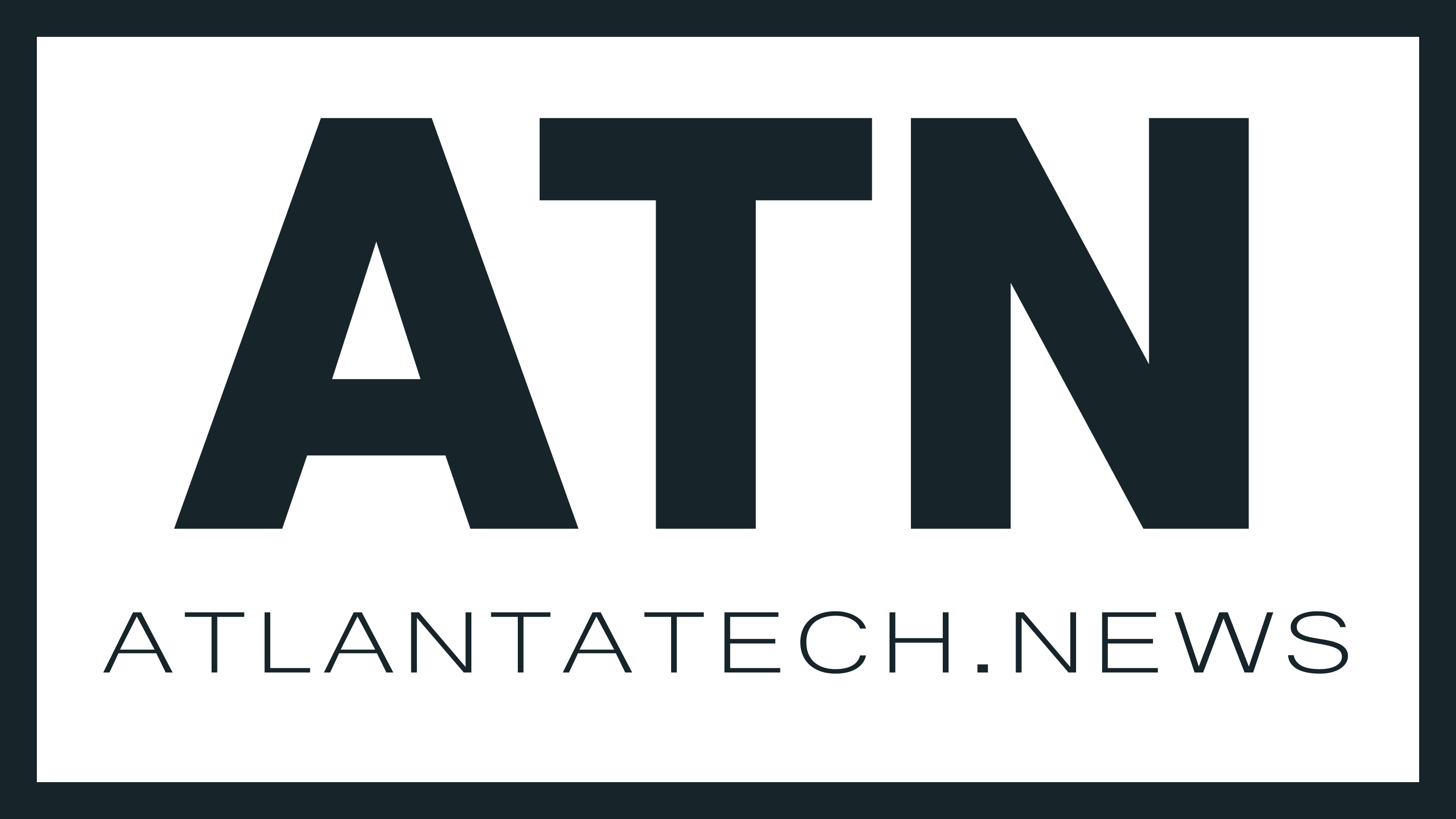Storj Labs Releases App for QNAP Devices Allowing NAS Owners to Monetize their Unused Hard Drive Capacity
Storj Labs today released Storage Node for QNAP, Systems, Inc., one of the leading providers of network-attached storage (NAS) devices, allowing users to generate revenue from their unused hard drive capacity and bandwidth. Users of all technical abilities can easily install the app and set up a Storage Node on the Storj Network in a matter of minutes.
The company also announced early access for the Tardigrade S3 Gateway for QNAP, which allows NAS owners to backup the data on their devices to the Tardigrade Decentralized Cloud Storage Service through QNAP’s Hybrid Backup Sync (HBS 3) tool. This integration means QNAP users can take advantage of the encryption benefits Tardigrade delivers by default and the privacy, security, and resiliency of decentralized cloud storage.
“NAS users have long searched for cloud backup solutions that deliver the same performance, reliability, and durability that enterprise users expect, but with client-side encryption and a cost that’s affordable. Tardigrade delivers on those needs, ensuring that only data owners can access their files,” said Ben Golub, Storj Labs Executive Chairman and CEO. “It takes no additional power to operate a full hard drive compared to an empty one. We’re proud to also empower users in the QNAP ecosystem to monetize their unused hard drive capacity by being Storage Node Operators on the Storj network.”
To set up a Storage Node, QNAP users can download the Storage Node app from the company’s app marketplace. After that, they’ll follow a series of prompts to have their Nodes up and running in a matter of minutes. Once their Node is connected to the Storj Network, it will be sent encrypted pieces of data. All data uploaded to the Storj Network is end-to-end encrypted and divided into 80 pieces—only 30 of which are required to rebuild the file—which are then spread across the network, each on a different Storage Node with unique power supply in a different geographical location. Storage Node Operators are compensated for the static capacity they provide on the network as well as the egress bandwidth that is utilized when data owners download their file pieces from the Node.
Payments to Storage Node Operators are made on a monthly basis in the form of STORJ tokens, the company’s ERC-20 utility token. STORJ tokens make it possible for Storj Labs to pay Node Operators around the world without requiring Operators receiving payments to pay currency conversion fees and other costs associated with international payments. Storage Node Operators can also use their STORJ tokens to also purchase storage services on Tardigrade.
To backup their QNAP devices to Tardigrade, device owners can follow simple documentation that will allow them to begin storing copies of their files across thousands of Storage Nodes around the world. After installing the Tardigrade S3 Gateway, NAS owners can select Tardigrade as a storage space inside HBS 3, and add their Tardigrade login credentials.
QNAP users who backup their data to Tardigrade will be able to take advantage of the company’s enterprise-grade service level agreements, including 99.9999999% durability, performance on par or better than Amazon S3, and over 99.95% availability. Because Tardigrade is a decentralized cloud storage service, QNAP users will also be able to take advantage of its superior privacy and inherent cross-geography redundancy that comes with decentralized storage.
Resources
- Set up a Storage Node on your QNAP device by visiting the app marketplace and downloading the Storage Node app.
- Backup your QNAP device to Tardigrade by following our simple documentation.
- To learn more about Storj Labs, visit the website at storj.io.
- Learn more about the Tardigrade Decentralized Cloud Storage Service by visiting tardigrade.io.
- Follow us on Twitter @Tardigrade_io and @storjproject.
About Storj Labs
Storj Labs provides secure, affordable distributed cloud storage that gives data ownership back to the user, instead of major corporations. The company’s open-source cloud storage platform utilizes spare disk drive space shared by its community members to create a secure network for developers, operations teams, companies, and others in need of secure cloud storage. The distributed architecture of the Storj network protects against attacks, improves reliability, increases download/upload speeds, and enhances performance when compared to many traditional cloud storage approaches.
Storj Labs also created the Tardigrade decentralized cloud service, the world’s first decentralized cloud object storage service. Tardigrade offers decentralized cloud storage that’s automatically encrypted, easily implemented, highly performant, exceptionally economical, and ridiculously resilient.
Now in production, the Tardigrade service delivers durability, performance, and security that is better than major cloud providers, at a fraction of the cost. Through the Tardigrade Open Source Partner Program, any open source projects that enable users to store data on Tardigrade via connectors will receive a portion of the revenue generated by those users.

